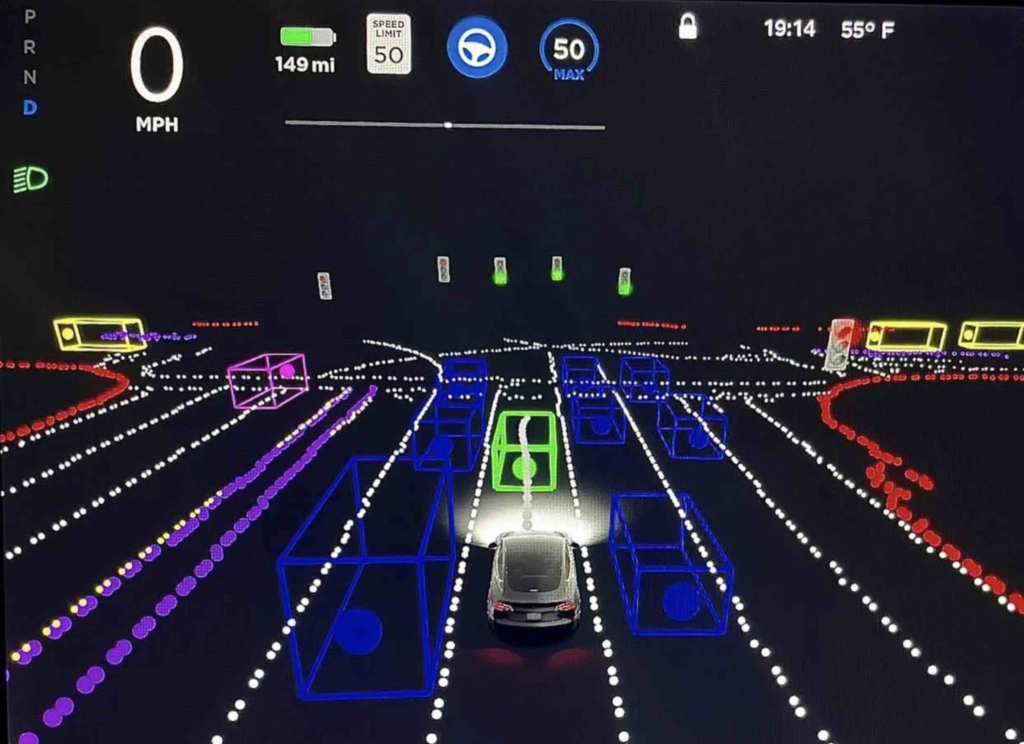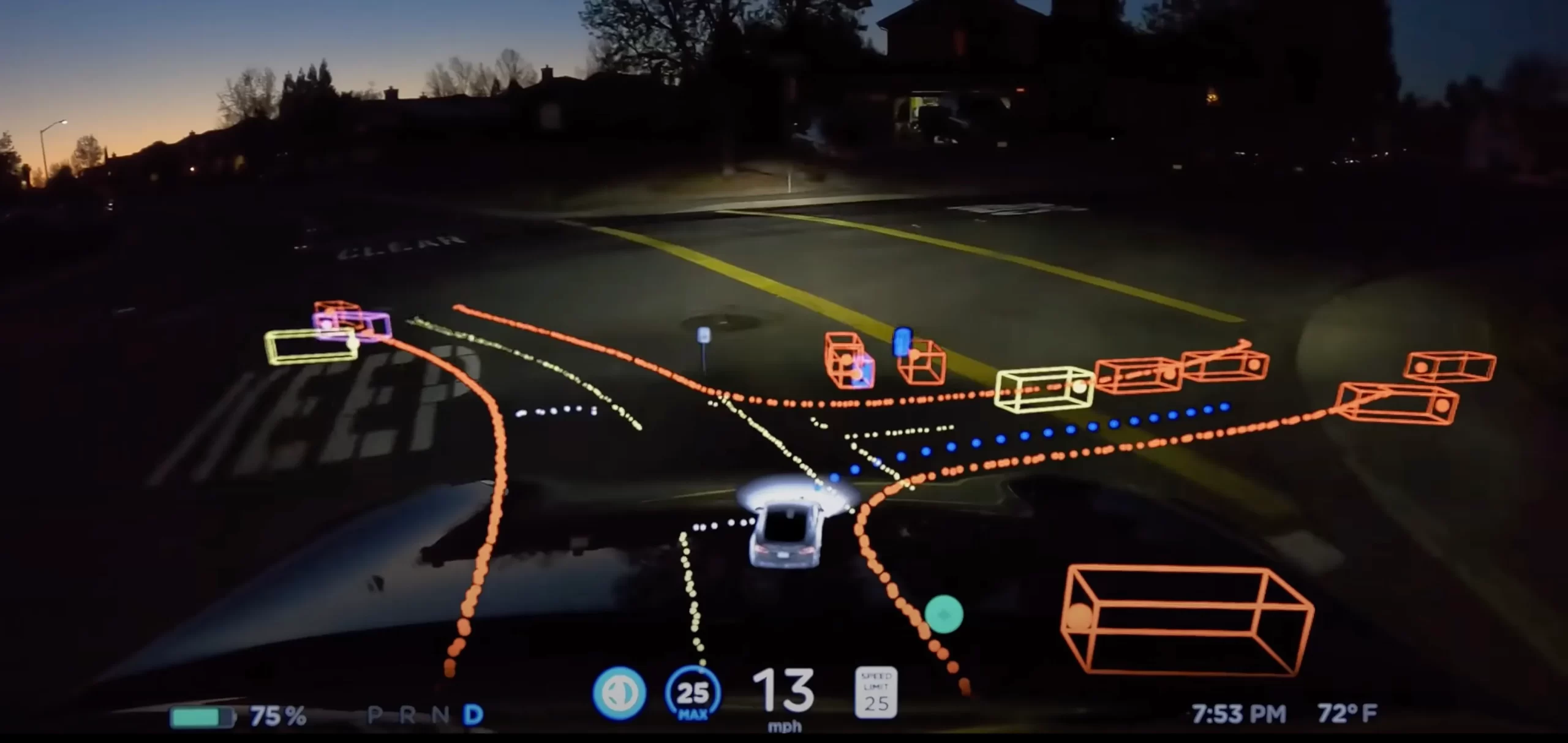Elon Musk, the visionary entrepreneur behind Tesla, has long been at the forefront of technological innovation. Among the myriad advancements attributed to Musk and his companies, Tesla’s strides in artificial intelligence (AI) stand out as a testament to their commitment to shaping the future of mobility. In this article, we explore the remarkable advancements in AI technology spearheaded by Elon Musk and Tesla.
AI at the Core: Tesla’s foray into AI is not merely an accessory to their electric vehicles; it’s an integral component that powers their Autopilot and Full Self-Driving (FSD) capabilities. Musk envisions a future where vehicles are not just modes of transportation but intelligent machines capable of navigating complex scenarios autonomously.
Autopilot: Setting the Foundation Tesla’s Autopilot, introduced in 2014, laid the foundation for the company’s AI ambitions. This advanced driver-assistance system leverages a network of sensors, cameras, and radar to enable features like adaptive cruise control, automatic lane-keeping, and traffic-aware cruise control. The continuous improvement of Autopilot relies heavily on over-the-air software updates, a hallmark of Tesla’s commitment to refining AI capabilities.

Full Self-Driving (FSD): Pushing Boundaries Building on the success of Autopilot, Tesla’s Full Self-Driving (FSD) feature aims to achieve a level of autonomy where a vehicle can navigate without any human intervention. FSD incorporates advanced AI algorithms, neural networks, and machine learning to process vast amounts of data in real-time, enabling the vehicle to make complex decisions on the road.
Dojo: Tesla’s AI Supercomputer At the heart of Tesla’s AI prowess lies Dojo, a powerful AI training supercomputer. Musk unveiled Dojo as a game-changer in training neural networks for AI applications. With its immense processing capabilities, Dojo accelerates the training of AI models, allowing Tesla to refine and enhance the performance of their vehicles’ autonomous capabilities rapidly.
Fleet Learning and Continuous Improvement: Tesla’s approach to AI is unique in its utilization of fleet learning. Every Tesla vehicle equipped with Autopilot or FSD contributes to a collective learning system. Real-world data and experiences are gathered from these vehicles, allowing Tesla’s AI to adapt and improve based on a vast and diverse dataset.

Challenges and Controversies: Despite the impressive strides, Tesla’s AI initiatives have not been without challenges. The ethical implications of autonomous driving and concerns about the safety of self-driving features have sparked debates. Musk remains steadfast, emphasizing the need for progress in AI while acknowledging the importance of safety and regulatory compliance.
The Road Ahead: Elon Musk’s vision for AI at Tesla extends beyond just self-driving cars. He envisions a future where AI seamlessly integrates with various aspects of daily life, from robotics to smart homes. Tesla’s AI advancements serve as a beacon for the transformative potential of artificial intelligence in reshaping industries and enhancing the way we live.
Conclusion: As Elon Musk and Tesla continue to push the boundaries of AI in the automotive sector, the world watches with anticipation. The integration of cutting-edge technology, data-driven learning, and Musk’s relentless pursuit of innovation position Tesla as a trailblazer in the AI revolution, with implications that extend far beyond the roads on which their vehicles travel.
Shayne Heffernan









